UPDATE: Just as this piece was going live, Scout Comics announced that they would be relaunching this summer in partnership with Element Media, and starting a horror imprint and a program to pay creators.
Scout Comics, a small, independent comics publisher that hadn’t been pinging on many industry observer radars has been suddenly thrust into the a spotlight – but not in the way they might have hoped for. A squadron of disgruntled creators have been speaking out on social media about their treatment by Scout Comics, alleging non-payment, ghosting and threats of blackballing. Even a brief investigation into the allegations has uncovered even more complaints about unapproved merchandise and covers, and, as one creator told me, “over-promising and under-delivering.”
Before we dig in, I should note that Chris Arrant at Popverse has an excellent overview of the story thus far, and Sky Hawkins at League of Comics Geeks (a comics collection tracking website) has been collating allegations, including some new ones that are pretty surprising. You can read that in [PART 1] [PART 2] [PART 3].
Things kicked off last week when Jarred Luján, recently announced as the new co-writer of Mezo, let loose in a tweet thread:
If you’re a new creator, please avoid @ScoutComics like the plague. Haven’t paid me for a book out over a year. Won’t answer emails. We delivered a completed, profitable book and still got screwed.
Spoke to the Editorial Director and he implied we’d be blacklisted for complaining. CEO came in acting like he’d help and now he’s ghosting us too. If it’s like that at the top, you know why everything else sucks.
I’ve tried for a year to work with these people and its clear they have no intention of working with us. Nothing resembling a partnership.
I also got a single statement about book sales and not a single one since.
Can’t promote books, can’t pay creators, but they got a full @Whatnot schedule!
My last email a month ago was “hey can you just cancel our contract and we can move past the money you owe me” and they still didn’t answer. That would have cost zero dollars, for whatever thats worth.
These allegations broke the dam on other creators with similar stories, including Honor Vincent, Rebecca Good, Brian Wickman, Adam Barnhardt, Massimo Rosi, Matthew Erman, Dakota Brown, and…..well, you get the idea. Lots and lots of creators. (Evan K. Prozias stepped up with praise for Scout, it should be noted.)
Perhaps the most serious allegation came in a now deleted tweet from a Scout creator who wrote: “Where was this accountability when we repeatedly asked for details and figures and were instead greeted with anger. Denied a contract termination unless we paid 75k for the huge overprint we didn’t ask for. This is a company full of grifters, don’t believe a word of this at all.”
That was in reference to Scout’s official response to Luján’s claims, a statement made on their social media with comments off. It reads:
Dear comics community,
Scout started as and remains a company created by and for creators. We love comics. We love reading comics, making comics, and publishing comics for other creators. We love the comics community.
While Scout has always striven to maintain high levels of service to our teams, recently a creative team expressed their frustration publicly due to not having had a response to their concerns in several months. This is true. We dropped the ball by failing to respond in a timely manner. We take full responsibility for our lack of response at that time due to internal miscommunication.
Regardless, we will continue to strive to do better and improve communication with all of our creators. Despite the complaints we have seen online, Scout has had very few creators reach out to us directly with concerns. We have actually had several creators reach out and support, which we appreciate.
As with all businesses, there will be missteps. The most important thing is to learn. At this time, we are openly welcoming any creator with a title at scout comics to reach out to our COO Lesa Miller at [email redacted] with any concerns they may have. All concerns will be listened to and all inquiries will be responded to in a timely manner.
As creators ourselves we understand the issues that have been presented to us. Thank you for your patience and grace while we endeavor to learn from the feedback we are receiving.
This response did not go over well, as it generally admitted that the “ghosting” many creators had complained of had taken place, and left many serious allegations unresolved.
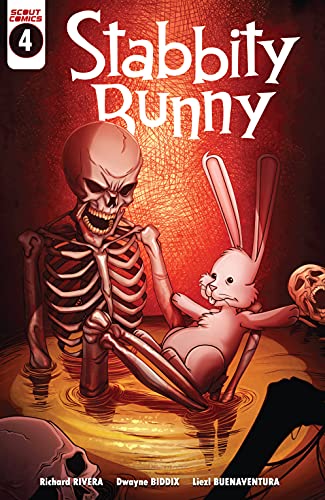
Scout’s other main executive is president James Haick III. At one point, James Pruett was co-publisher, although he left and was replaced by Charlie Stickney, who left the company in 2022 only to be replaced by Pruett again, who has since left the company before all this started.
Perhaps some of the current troubles can be traced to something Stickney wrote in his farewell letter:
Over the last couple of years Scout has grown from a small company putting out 6-10 titles a month to one that’s internationally known with a slate of offerings that can approach 25 books monthly. With several imprints, a toy line, a gaming division and multiple titles in development as films and television series—in all that growth I believe the time has come for me to pass the baton to the next person into what I’m sure will be a very successful future for Scout.
That sounds like a lot of expansion for a company that doesn’t really have many well known hit books to its credit. (Their best selling title, I’m told, has been Stabbity Bunny.) I recall seeing the Scout booth at the 2021 Thanksgiving San Diego Comic-Con: it was a newly expanded affair, and I chatted with some of the folks at the booth who said they were looking to grow and make a move. As we all know, Pandemic era growth was an outlier and things are settling back to normal…or worse.
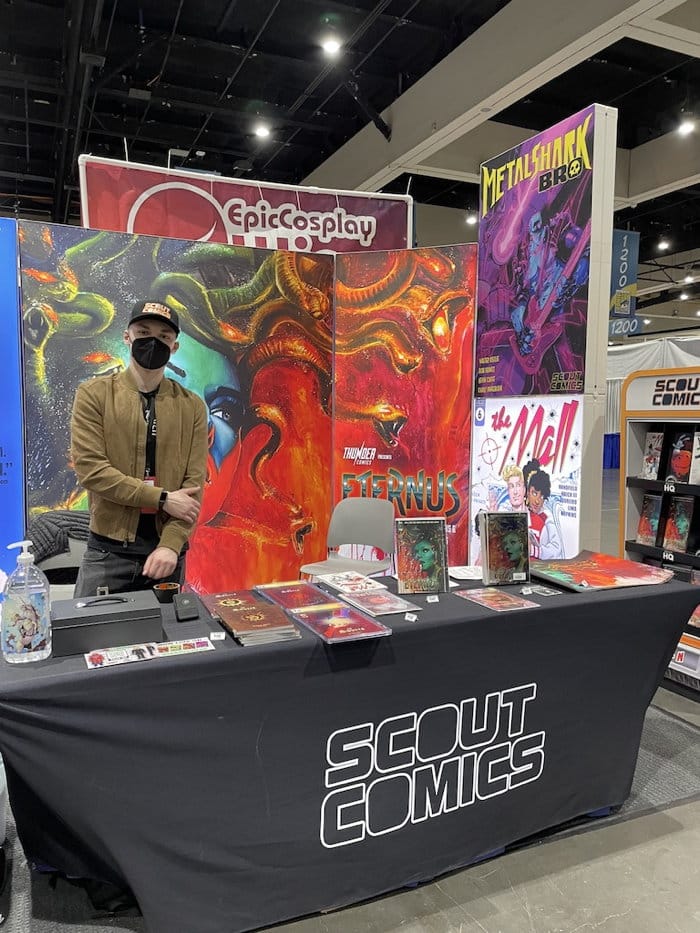
I reached out to a few of the disgruntled Scout creators and got similar stories from them. One of them provided me with a sample contract from Scout, which confirms that they had a “shared revenue” model. While the creators retain all rights and copyrights, Scout signs them up for a five year publishing deal, with a 50/50 split on royalties, which come only after printing expenses have been taken out. A separate agreement covers media rights, with Deneen representing properties for development, and either five or ten year terms, with Scout locked in as a producer should anything reach the screen. I haven’t read as many media contracts as I have publishing ones, but this one seems pretty standard (if hardly wonderful) in a time when stockpiling IP is the main function of comics publishers. Overall, the publishing end is an “Image lite” deal that seemed to appeal mainly to up and coming creators. Established creators can go for the real Image deal.
I will say, having seen many shitty, shitty comics publishing deals over the years, having the creator maintain ownership is at least a better start, and explains why so many creators have been able to get their publishing rights back fairly cleanly, according to Twitter.
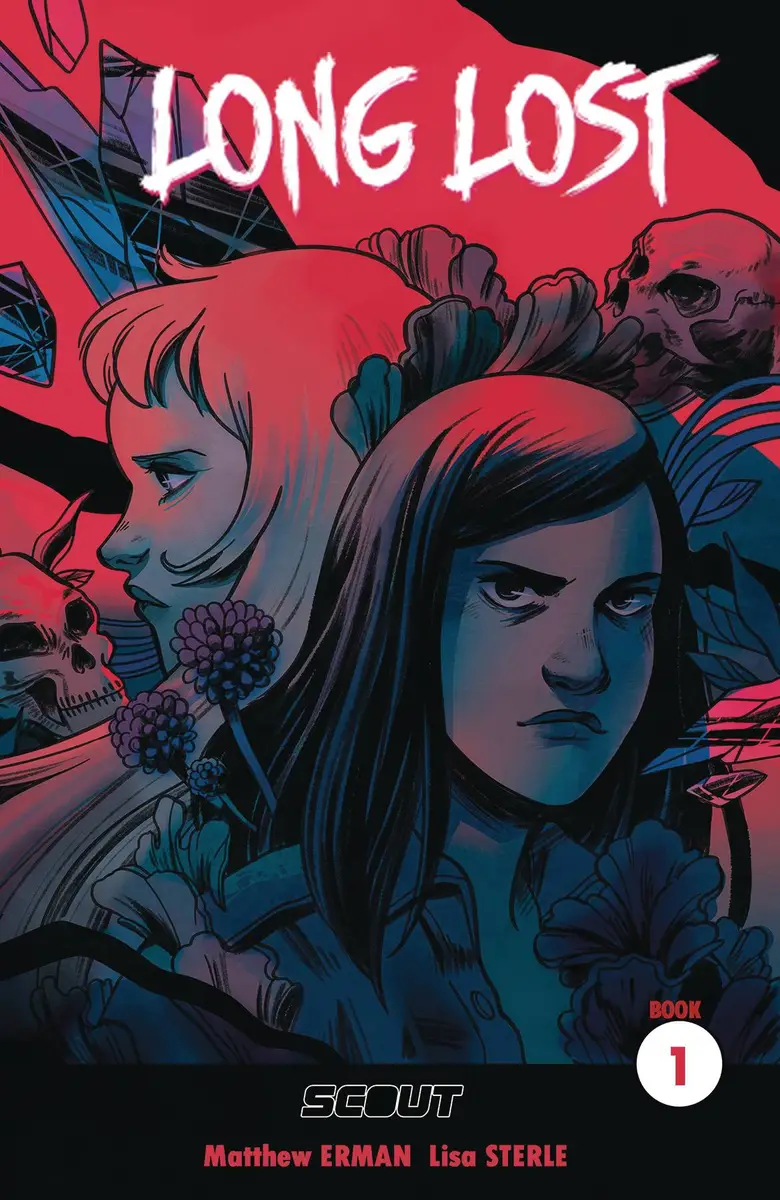
That’s the good part. The bad part is that of late Scout seems to have a lot of problems keeping up with royalty statements, among other things, and many books never came into the black when a statement did arrive. Allegedly trade collections were never published, books were delayed for no reason, schedules were erratic, and books just never came out. A reboot of the 80s hit Maze Agency has been announced TWICE, once in 2022, and again in 2023.
There were many sources for the disgruntlement. One creator told me that they had seen covers and what sounds like “digital collectibles” they had never approved. In addition, Scout has been increasingly active on the “Twitch meets eBay” site Whatnot, something many creators mentioned in their social media posts, an activity that greatly added to anger over the ghosting.
Taking a look at the overall picture, it’s hard not to see a company that sold a lot of comics, like everyone, during the stay at home Pandemic years, then expanded too fast, and got out over their skis for the recent “crashing periodical comics sales” era.
But that’s just the newest development. Looked at one way, Scout concentrated on working with beginning creators, and provided a place to get published for newcomers. They seem to have been able to carry this out since 2015, although I can’t think of many comics household names who got their start there. Some people were definitely okay with the deal they got.
Looked at another way, however, this was a shell game for media rights – call it the “Men in Black” business model, hoping a unicorn wanders in from left field and becomes a cultural mainstay. And as the many disillusioned and angry creators show, the marketing and support weren’t always there, especially recently. And Scout seems to have had no real editorial department or infrastructure to support creators. (According to a BlueSky posting, some Scout creators are actually considering a class action suit.)
It was a lot of little things that added up. As Honor Vincent wrote of her book New Rat City:
I found out about the FOC for Issue #1 when I went to a comic shop to ask if they carried Scout; it was that day (mortifying!!). Marketing plans were promised, then never happened.
The book wasn’t added to their website until two days after its release date, and after I had to email to ask why. The TPB that was supposed to happen – which they’ve had in the can for a year and a half – doesn’t seem to be.
Another creator told me in an email they had been trying to get out of their contract since 2022 due to unhappiness over how their book was being handled. Attempts to get publishing rights back were allegedly “met with hostility, threat of blacklisting, and ceased communication from everyone but their lawyer.”
Luján, the original whistleblower, was able to get his rights back and wrote:
Two things: 1. I have no intention to do press as of right now. There are multiple creators who have come forward. Amplify them. 2. I’m sorry this has happened to so many. I believe in each and every one of you and the stories you want to tell. Don’t give up on yourselves.
Scout is drafting a termination agreement for us and claims to intend to pay us, though I will hold my breath until the money deposits and the paperwork is signed.
Louis Southard, another Scout creator, posted a “hypothetical essay” on Twitter. The type is small but the message is large.
I did reach out to Scout Comics for a statement, and president Haick answered some of my questions.
I asked about the doubling of the publishing line, and whether it was too much too fast. “It is our mission to bring independent voices to the market,” he told me. “It is clear that the comic book sales marketplace has changed dramatically from the early pandemic – when the demand for entertainment soared – to post-pandemic when supply chain issues brought it crashing down with paper shortages nearly doubling the cost to print. Scout is not alone among publishers in seeing a diminished customer base, which we are proud to have offset with innovative alternate sales channels, such as our selling Pressworks – actual printer plates from a comic book’s print run, to WhatNot sales, to our new build-a-box subscription box.”
As for the current market, “Again, with diminishing distribution numbers across small-to-mid sized publishers, we have utilized creativity and an ability to pivot to get Scout books into the hands of fans. This remains our goal,” said Haick.
I brought up the allegations regarding a $75,000 bill for an overprint. While he didn’t address all the claims, Haick says they didn’t consider the overprinting huge. “We believed it to be a smart investment in the title. It was set to be a series of one-shots (i.e. an evergreen product) and based on overall preorder numbers, we were able to print more for significantly less investment thanks to the economies of scale. When printing comics using offset printing, the cost-per-unit lessens significantly when the quantity increases. We, and most other publishers, do this so we can sell the additional quantities via higher profit margin revenue channels like our website and conventions. Everyone at Scout believed in their book, which is why the additional investment was made.”
Ultimately, Scout Comics’ niche has been as a small publisher for beginning creators who are learning the ropes – including that small publishers are often bad at communication, sending out royalty statements, and keeping creators in the loop. It’s an unfortunate and often unnecessary education. Sadly, getting treated poorly by a small publisher (and often a large one) is almost a standard in the comics industry. As one creator told me, “It’s almost as if every comics creator has to go through their rite of passage being published by a semi-shitty company that over-promises and under-delivers.”
I could write a much longer essay about why that shouldn’t be. Publishers need to do better. And we need better resources to educate beginning creators on what to ask for and how to spot the red flags. But that’s for another day.
It’s undeniable that Scout’s reputation has taken quite a hit in all this and I asked Haick how they could regain the trust of the community. “I have personally reached out to over a hundred Scout creators since last week, including the ones who are speaking out online,” he told me. “We are figuring out amicable solutions with them. It’s important to note that we have heard from just as many creators who are expressing appreciation for us and their desire to continue working with Scout.
“We are a small company with a small staff, but we are committed to improving our communication going forward. And we continue to encourage any and all Scout creators to email us about any questions or concerns they have.”
Will that be enough? If Scout is sincere about doing better with communications they may earn back some of that trust, but it’s going to take a while – and in the midst of huge industry headwinds.
I do have a positive out of all of this. The young creators I’ve spoken with about their Scout experiences have been a refreshing bunch. They are smart and talented and they deserve to be treated with professional respect. I’m sure they’ll go on to better things…and some already are.
Correction: This piece has been updated to clarify that it was James Pruett who worked for Scout, not his brother, Joe, and Pruett is no longer with Scout.


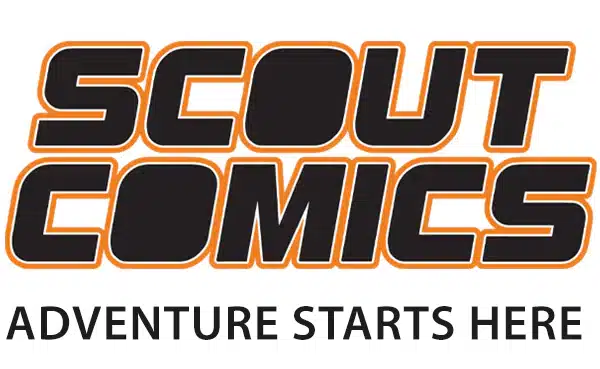
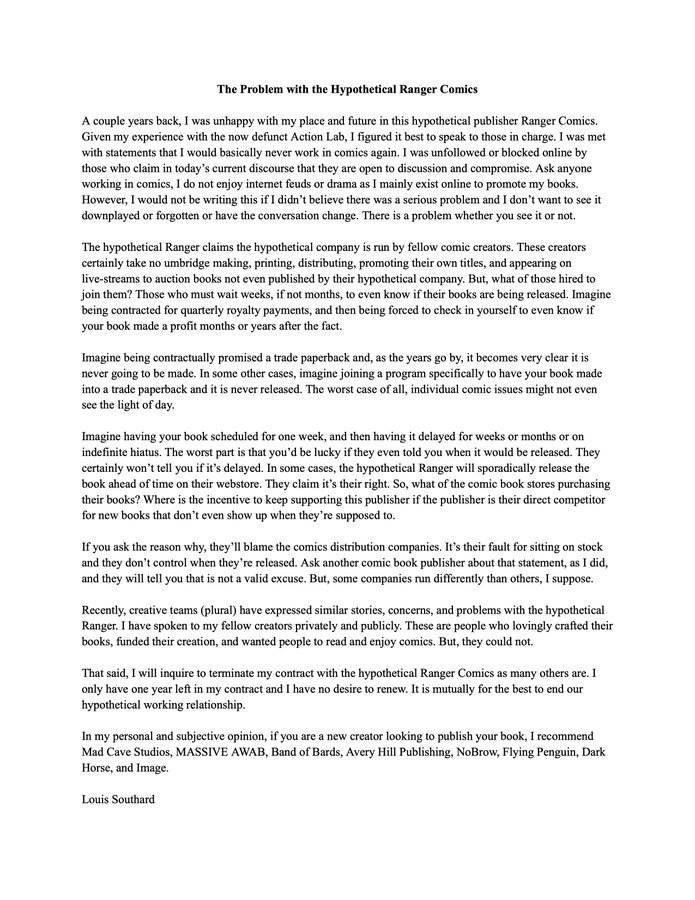






While the creators absolutely deserve to have the business information given to them, I become highly suspect of their expectations when they say stuff like “we delivered a profitable book”. I have worked on books at Image and other larger publishers than Scout. I also know the sales numbers of friends’ books there. Most aren’t making money and only exist due to the writer paying the team out of pocket. I’ve been to multiple large shops in Canada and none carried Scout. As stated in the article, the money comes from media licensing, not publishing.
Comments are closed.